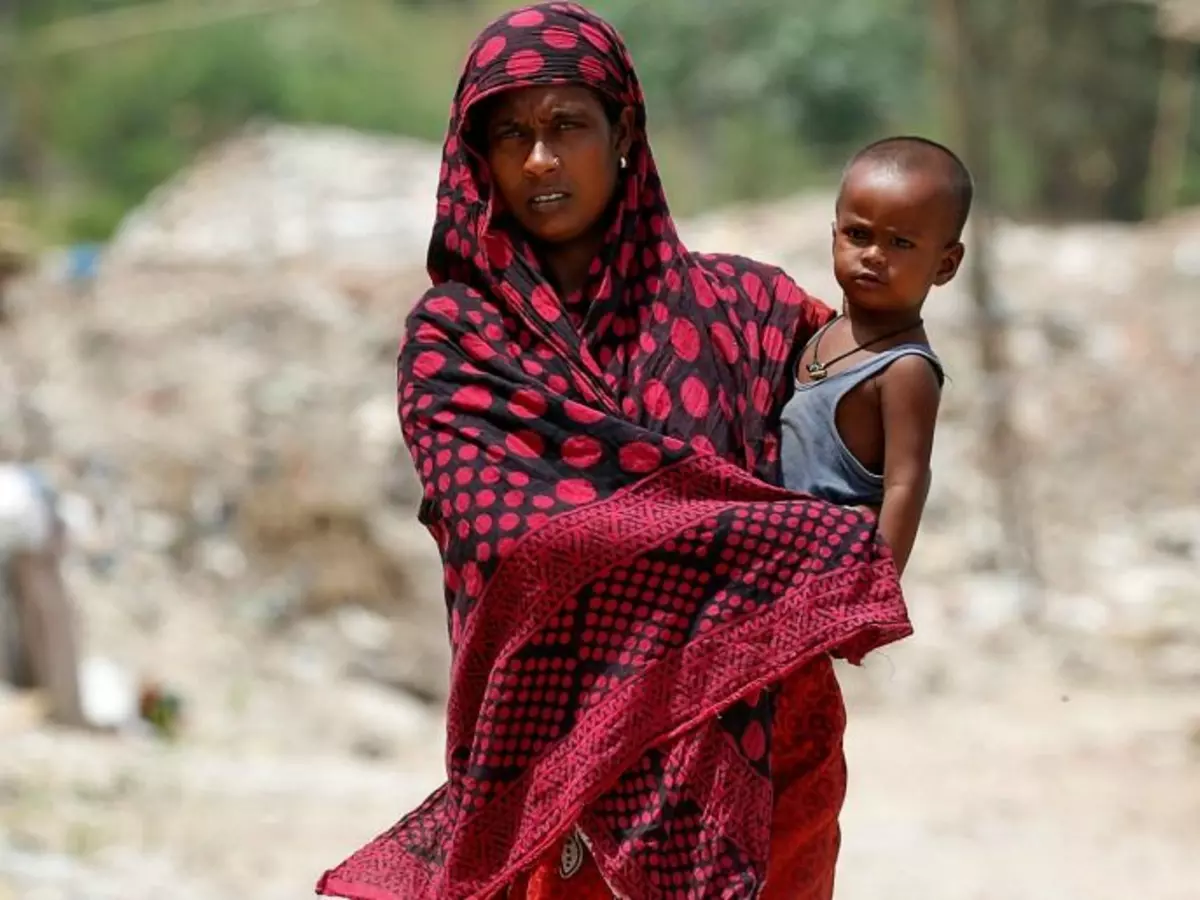United Nations Human Rights Chief Deplores India's Move To Deport Illegal Rohingya Refugees
The Indian government is planning to deport 40000 Rohingya Muslim refugees living in many parts of the country. UN human rights chief Zeid Ra&rsquoad al&ndashHussein has criticised the move to send them back Myanmar where the army and the Buddhist militia are accused of killing them in huge numbers.

As the Indian government is planning to deport 40,000 Rohingya Muslim refugees living in many parts of the country, the UN human rights chief Zeid Ra'ad al每Hussein has criticised the move to send them back Myanmar, where the army and the Buddhist militia are accused of killing them in huge numbers. The UN had earlier termed the killing as, "A textbook example of ethnic cleansing".

AFP
※I deplore current measures in India to deport Rohingyas at a time of such violence against them in their country,§ Zeid said while addressing the 36th session of the Human Rights Council in Geneva on Monday.

AP
The UN High Commissioner for Human Rights noted MoS Home, Kiren Rijiju had reportedly said that because India is not a signatory to the Refugee Convention it, ※Can dispense with international law on the matter, together with basic human compassion.§

AP
※However, by virtue of customary law, its ratification of the International Covenant on Civil and Political Rights, the obligations of due process and the universal principle of nonrefoulement, India cannot carry out collective expulsions, or return people to a place where they risk torture or other serious violations,§ the UN Human Rights Chief said.
He also expressed concern over the increasing mob violence in India in the name of cow.
"I am also dismayed by a broader rise of intolerance towards religious and other minorities in India. The current wave of violent, and often lethal, mob attacks against people under the pretext of protecting the lives of cows is alarming".

AFP
Zeid also touched upon the murder of journalist and activist Gauri Lankesh and the attacks freedom of expression.
"People who speak out for fundamental human rights are also threatened. Gauri Lankesh, a journalist who tirelessly addressed the corrosive effect of sectarianism and hatred, was assassinated last week. I have been heartened by the subsequent marches calling for protection of the right to freedom of expression, and by demonstrations in 12 cities to protest the lynchings".
